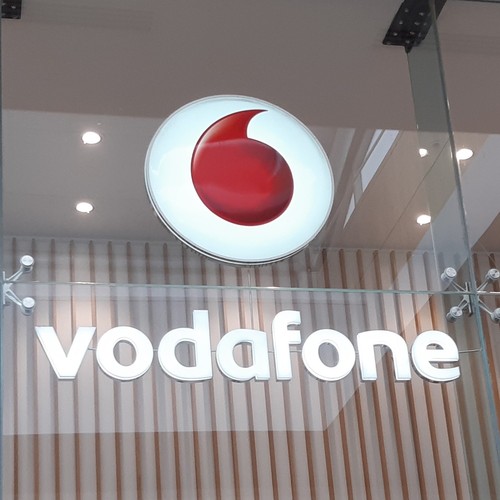Eurobites: Vodafone moves closer to the edge
Also in today's EMEA regional roundup: Nokia tackles energy management with SaaS; Telia workers get trained up in the cloud; Tesco Mobile takes the pistachio.

Also in today's EMEA regional roundup: Nokia tackles energy management with SaaS; Telia workers get trained up in the cloud; Tesco Mobile takes the pistachio.
Vodafone has launched something it's calling its "Edge Innovation Programme 2.0" to offer more businesses the chance to collaborate on new services based on multi-access edge compute (MEC) technology. The idea is that MEC technology moves services and processes closer to the devices that need them, or "closer to the edge." The operator launched its first version of the scheme last year, co-creating new services, it says, with a range of companies including Sportable, Aurrigo and InterDigital. So what's the difference? The new program, says Vodafone, will offer "dedicated" MEC services (meaning applications hosted on specialist servers at customer premises) alongside the existing distributed MEC services.
Separately, Vodafone has signed a ten-year solar energy deal in the UK with Centrica and Mytilineos. Under the terms of the agreement, Vodafone will buy the power generated by three new solar farms which are scheduled to be operational by the end of this year. When fully up and running, the solar farms are expected to supply more than 100 gigawatt hours (GWh) of renewable electricity annually – enough, says Vodafone, to power a town of almost 30,000 households for a year.
In a similar energy-conscious mood, Nokia has introduced two new software-as-a-service (SaaS) offerings that it says will help communications service providers and enterprises boost their energy efficiency efforts and help them better manage home devices. Using artificial intelligence, Nokia AVA for Energy Efficiency SaaS monitors multivendor network traffic patterns to reduce connectivity resources during low usage periods and can help service providers spot energy-related anomalies in their passive infrastructure. Nokia Home Device Management SaaS, meanwhile, is a device management platform that allows service providers to remotely monitor millions of home devices such as thermostats and connected refrigerators.
In Saudi Arabia, Nokia has been working with operator STC on a managed SD-WAN offering for enterprise customers that is based on Nuage Networks' VNS platform.
Liquid Intelligent Technologies has partnered with Peace Cable Company to bring 800Gbit/s of additional subsea capacity in Mombasa, Kenya. This, says Liquid, will increase the availability of reliable Internet connectivity across Africa, making use of Liquid's 100,000km of terrestrial fiber across 12 countries.
Sweden-based Telia Company has launched an internal training company to bring 2,000 of its employees up to speed on cloud technologies in general and Amazon Web Services (AWS) in particular over the next three years. Telia's Analytics IT team has already built a company-wide serverless data platform on AWS.
Telefónica's competition director, Beatriz Sanz Fernández, has been sounding off about the European Union's approach to telecom mergers, putting in a plea for "more ambitious industrial policies which have the global competitiveness of EU businesses as a goal." Getting into specifics, she points out in a blog that while in the US a "4 to 3 merger" that left three telecom operators serving more than 300 million users got the green light, within the EU such mergers were "subject to extremely strict remedies," if not downright forbidden. "If the EU wants a strong European Industry and to avoid the over-reliance in foreign industries," concludes Sanz Fernández, "we need companies with scale and size, as well as a regulatory environment which encourage investments and innovation, not only low prices."
"For those reasons we concluded that the allusion to the word 'shit', 'piss' and 'fuck' in ads (a), (b), (c), (d), and (f) with a general adult audience were likely to cause serious and widespread offence." Such was the attention-grabbing conclusion reached by the UK's Advertising Standards Authority in its ruling on ads produced by Tesco Mobile, which employed grocery-related taglines such as "What a load of shiitake" and "They're taking the pistachio" to have a go at the major mobile operators, who they accused of unnecessarily raising prices. "For fettucine's sake" got the all-clear, though it is a bit rubbish.
— Paul Rainford, Assistant Editor, Europe, Light Reading
Read more about:
EuropeAbout the Author(s)
You May Also Like












